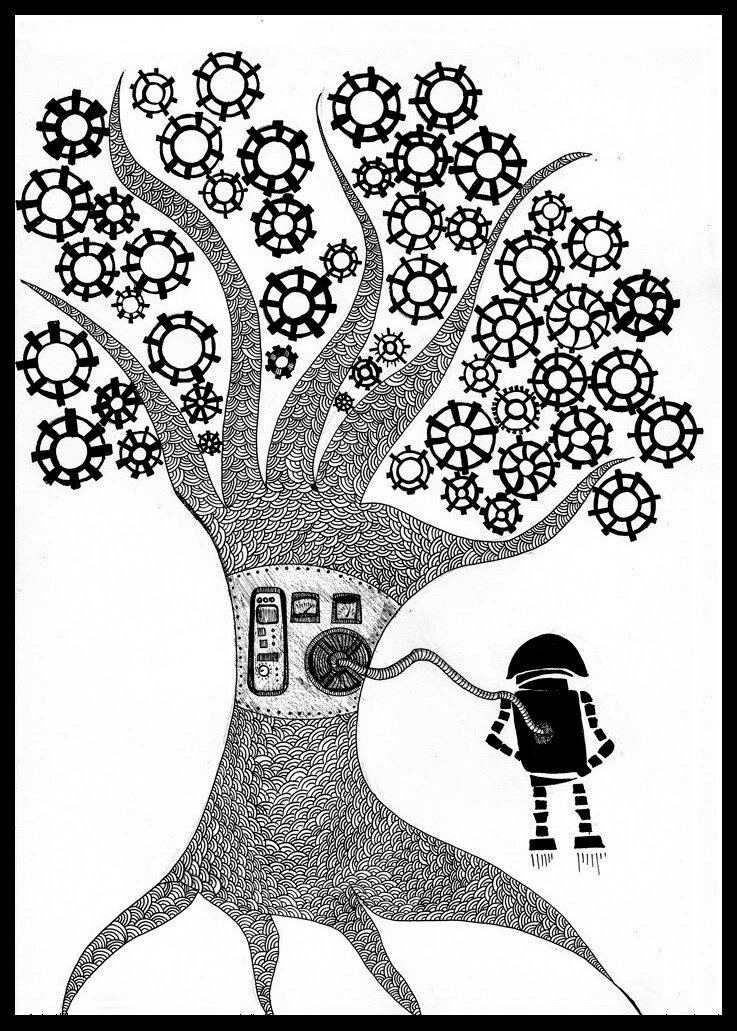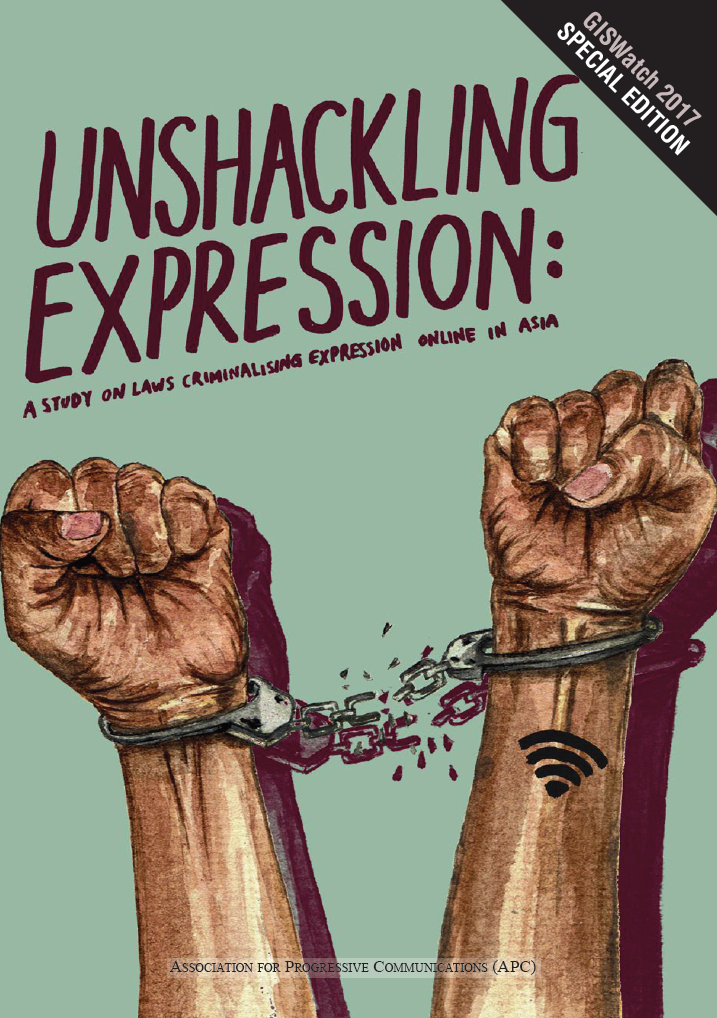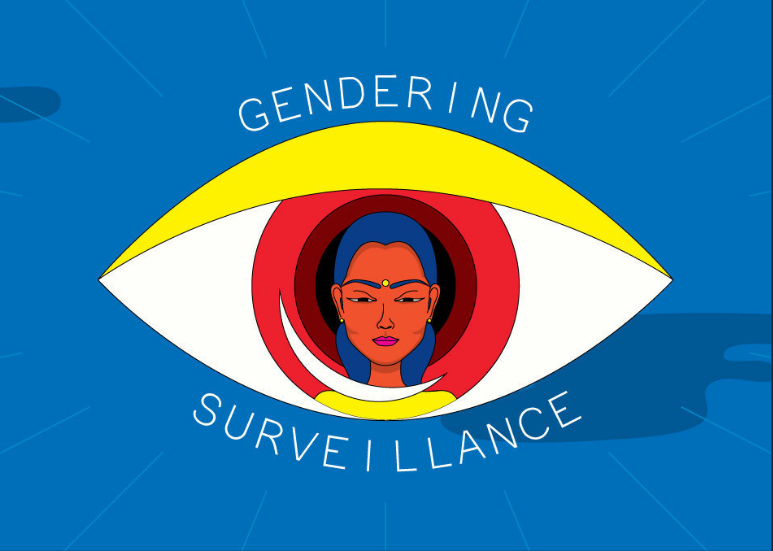Internet Democracy Project joins global coalition that urges India to withdraw proposed amendments to Intermediary Guidelines
The Internet Democracy Project has joined a global coalition of civil society and technology experts that sent a joint letter to the Indian Ministry of Electronics and Information Technology on 15 March, asking the Government of India to withdraw the draft amendments proposed to the Information Technology (Intermediary Guidelines) Rules. The coalition warns that the government’s proposed amendments on intermediary liability will harm digital security and human rights, and calls on the government to withdraw the proposed amendments and start a fresh consultation process. A press release can be found here. The full text of the letter can be found below. More


